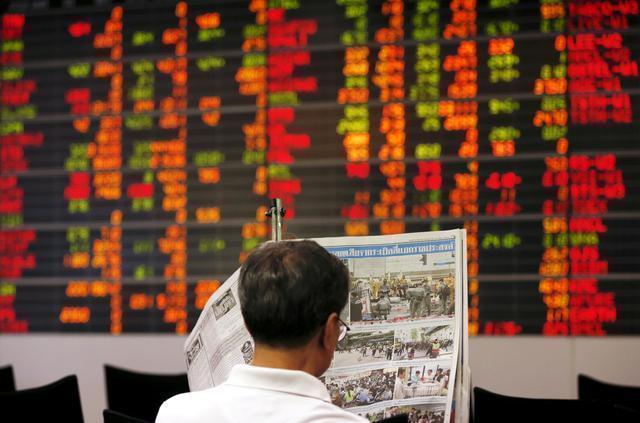High inflation, increasing geopolitical risks and a neutralized monetary policy against the record negative real interest rate has further depreciated TRY. USD/TRY, which fell below 15.70 due to expectations there will be an announcement of the super bond which may help the public sector to get new foreign exchange (FX) resources and limit the FX demand of residents, jumped to 16.16 yesterday after expectations came to naught Monday. Thus, USD/TRY rose above 16.15 for the first time since December 20, 2021, when the foreign exchange (FX) rates sharply fluctuated, and the FX-protected TRY deposit accounts were announced. While TRY has depreciated by over 8% against USD since the beginning of May, market experts say foreigners’ outflow has affected the surge in USD/TRY and point out the high demand of legal persons.
USD/TRY is traded at 16.25 this morning. The technical analyses show that 16.00 is an important resistance level for USD/TRY. The rate may remain high today and test 16.40 and 16.50 while likely closing above 15.96.
Turkey’s benchmark stock index was down 0.25% to end yesterday at 2,375 points. Borsa Istanbul’s BIST 100 Index lost 5.9 points from the previous close of 2,380.90 points. The daily trading volume amounted to TRY 32.5bn. Concerns over more tightening, inflation, and growth pave the way for investors to deliberate, while volatility continues on stock exchanges around the world, according to analysts. They also stated that between 2,420 and 2,470 points will be the resistance level and 2,350 points will be the support level for the BIST 100 index, in technical terms.
In the meantime, Turkey’s CDS (credit default swap), which shows the cost of the protection of Turkey’s 5-year maturity debt against bankruptcy, rose to 730 points, reaching its highest level since 2008. CDS, which is considered an indicator of the risk of Turkey’s assets, raised the Treasury’s borrowing cost in USD. Bankers said costs have approached double-digit figures.
NATO Secretary-General Jens Stoltenberg acknowledged Turkey’s security concerns over Sweden and Finland’s NATO membership applications, as he highlighted the importance of Turkey to the alliance. “I also recognize the importance of addressing the concerns that Turkey has raised,” Stoltenberg told the World Economic Forum in Davos, Switzerland. He said Turkey is an important ally that has played a key role in the fight against Daesh and has a strategic geographic location, which is important for the whole Alliance. Stoltenberg also pointed out that no other NATO ally has suffered more terrorist attacks than Turkey. “We have to sit down and find a way forward,” he added. Stoltenberg also mentioned Turkey’s support to Ukraine along with the U.S., Canada, and the UK.
Turkey is hosting consultations on the NATO membership applications of Sweden and Finland, according to a statement from the Foreign Ministry. The Turkish delegation at the meeting, set to be held today in Ankara, will be headed by presidential spokesman Ibrahim Kalin and Deputy Foreign Minister Sedat Onal. Stockholm and Helsinki will be represented by Swedish State Secretary Oscar Stenstrom and Finnish Permanent State Secretary Jukka Salovaara, along with their delegations.
DAILY AGENDA
No important data will be released in the country.
Meanwhile…
>> The total transfers from the budget to the Social Security Institution (SGK) rose by 60.46% to TRY 65.61bn in January-February, compared to the same period of the previous year, according to daily DUNYA. The revenue of the SGK obtained from restructuring totaled TRY 1.7bn in the same period.
>> Turkey’s external assets dropped by 2.5% to USD 286.5bn in March, compared to the end of 2021, according to the Central Bank. Liabilities against non-residents also fell by 1.7% to USD 514bn in the same period.
>> Some 1,304 new coronavirus cases and six deaths due to COVID-19 were reported in the last 24 hours by the Health Ministry. The Health Ministry confirmed 922 new COVID-19 infections and three virus-related deaths on Monday. Health Minister Fahrettin Koca previously stated the mask requirement will be lifted on public transport if the number of daily coronavirus cases remains below 1,000 for three successive days.
READ A SELECTED ARTICLE FROM OUR MAGAZINE:
>> What happens when we run out of steam?
Our Eco Analysis Columnist Alaattin Aktas suggests that there are two options facing the country in terms of foreign exchange reserves: Finding an external source or pushing forward the elections.










